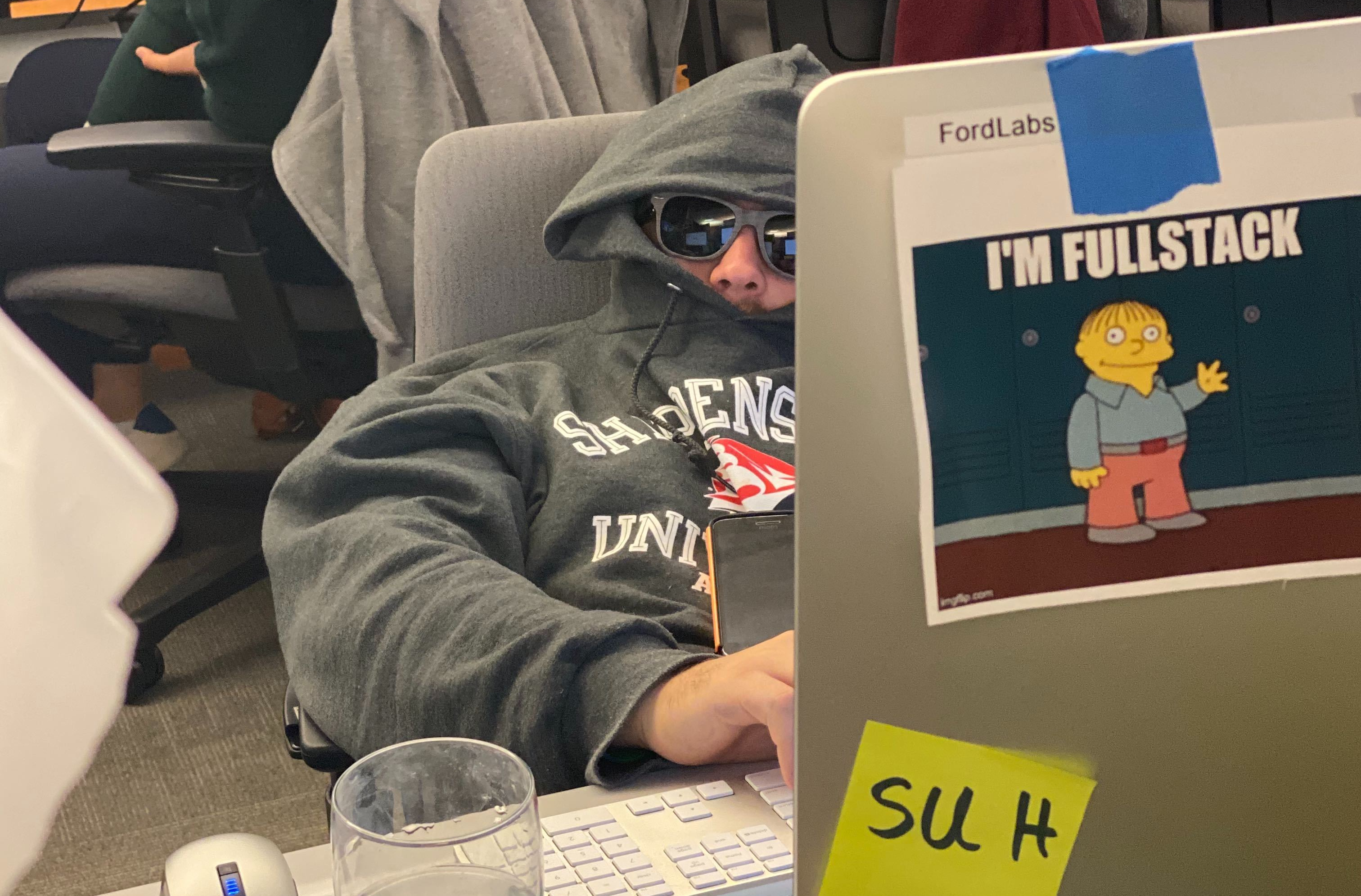The Year of Progress
Posted 2021-01-03
Last year I was introduced to the concept of themes, and the theme I set that would help me shape 2020 into a year of goals actualized was the Year of Connection. In some ways, it was a success. In a lot of other ways, “current events” made working towards the original intentions of the theme difficult.

As I rounded out the year with my family, I had an eerie feeling looming over me. Didn’t I just do this? I asked myself, mentally gesturing towards the festivities. It would unoriginal for me to quip on how time these days feels like an illusion, but sitting in that living room I was acutely aware of the time missing between March 13th and now.
I can point out things that happened to me this year. Things learned, projects I started and stopped, friendships freshly flourished. I know they happened. Despite this, I feel largely unchanged from the me who set out into the Year of Connection.
Looking forward into 2021, I want desperately not to find myself repeating that feeling. Some of that is outside of my control. The pandemic is ongoing, but within the boundaries I can control there is still plenty of room to change. In order to move forward in 2021, I’m aligning myself under the banner of the Year of Progress.
I recognize progress is a vague term, but the change I want to make is itself vague.
One thing has crystalized in my mind as something I need as a foundation for my theme. In order to progress I need data about where I’m progressing from. To achieve this, I’m doubling down on time-tracking.
On the surface, it’s exactly what it sounds like: keeping track of the time you spend doing things. If you’re in the working world, this concept probably isn’t foreign to you. An hour’s work at your job is logged, and at the end of the week you have a list of all the time you spent working. At the tail end of 2020 I started doing this, but instead of just tracking my work I tracked everything. I tracked sleep, eating, gaming, chatting, coding, writing, all of it.
When I told a friend about this he asked, “What, do you like stressing yourself out?”
He wasn’t the only person skeptical of it, but I told him, “No, it’s liberating.” Its better to know and to act than it is to wonder and wait. Time-tracking gives me a baseline to work from.
Let me paint you a picture: in late November when I first started time-tracking I felt exhausted all the time. I was convinced all I did was work, and left myself no time for relaxation. After my first week of time-tracking, I sat down to review the data. Unsurprisingly, sleep was at the top consuming 33.4% (43.7 hours) of my life. However, that was directly followed by recreation at 17.9% (25.9 hours). For someone who never felt like they got a break, that was a shock.
Before time-tracking, I guessed I needed to increase my recreation time, but the data showed that I needed to change what I thought of as recreation. After making some adjustments my stress level dropped. Information lead to change.
Winter is the hardest season to get through for me, especially after the new year when Michigan’s real winter starts. This year, however, I’m diving in head-first. There’s a lot of work to be done, and a lot of progress to be made.
